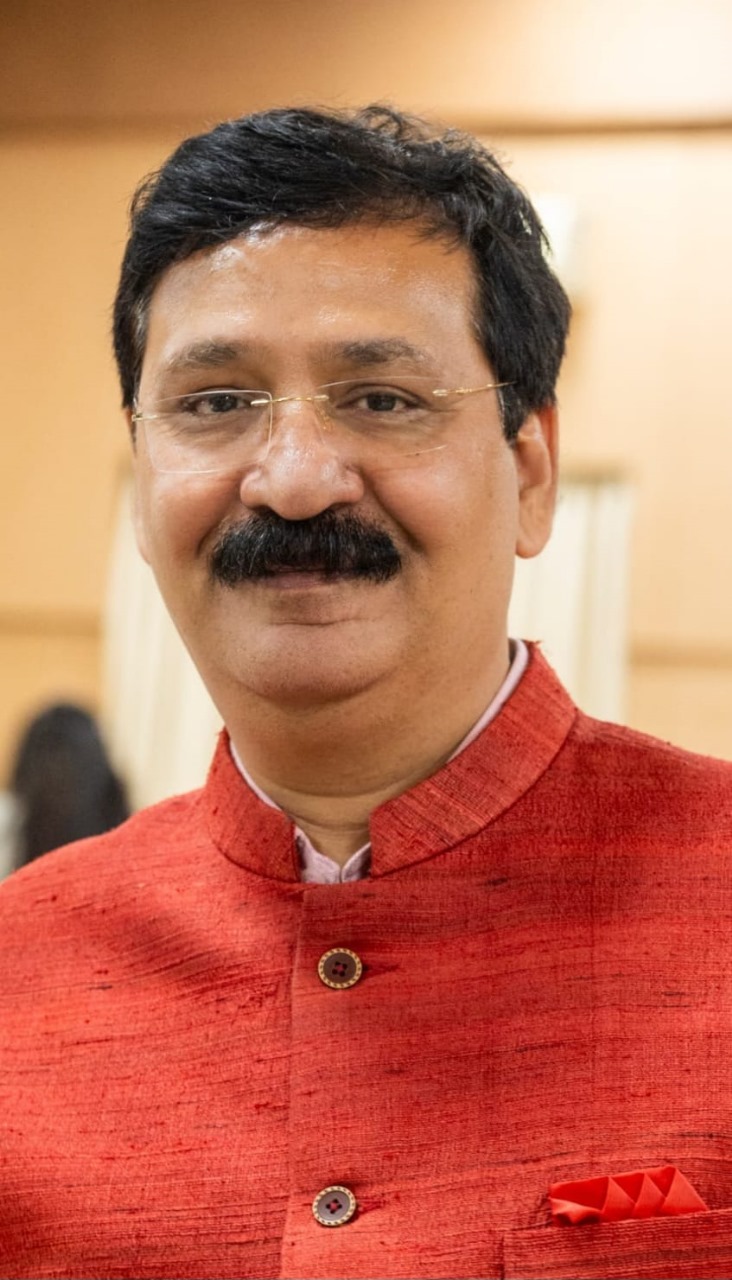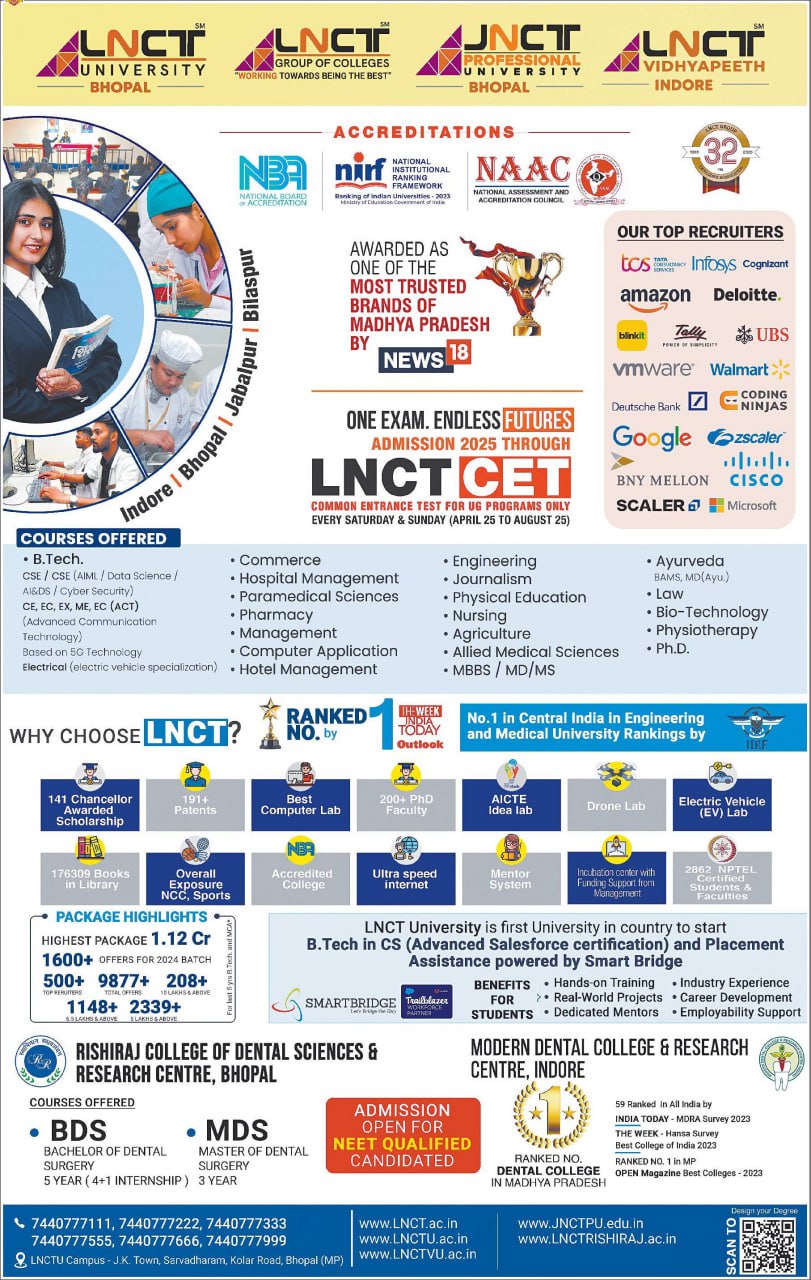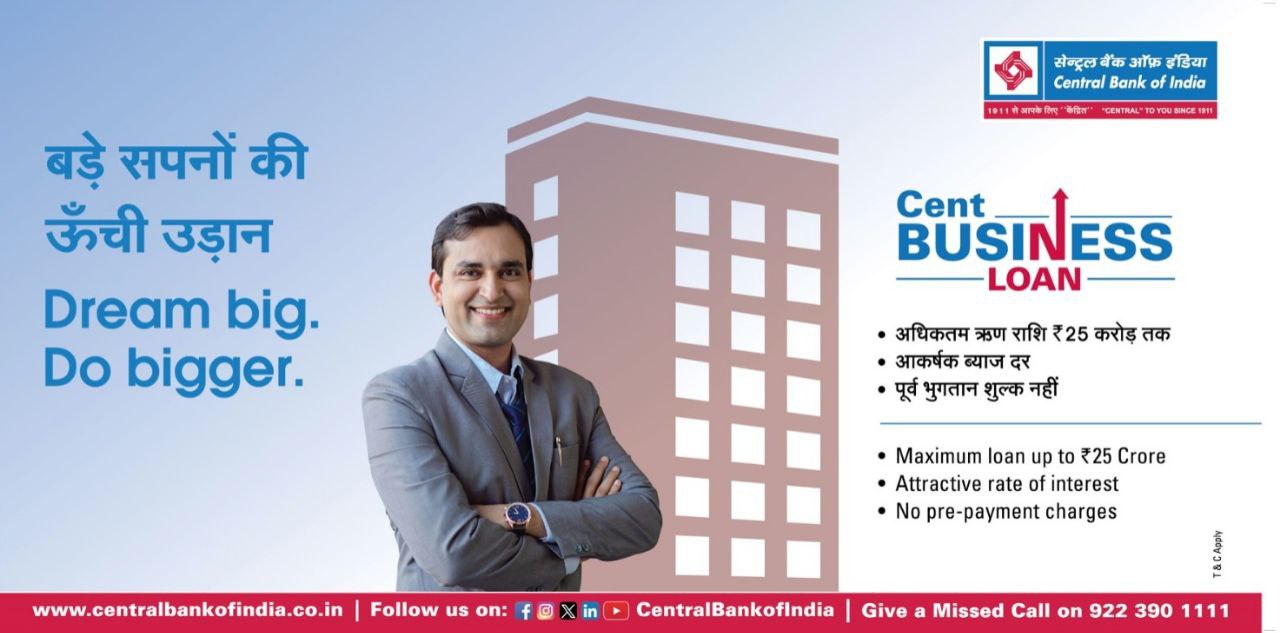CNN Central News & Network-ITDC India Epress / ITDC News Bhopal: While celebrating Hindi Journalism Day, we are surrounded by questions and answers are missing. When Pt. Jugulkishore Shukul started Udanta Martand from Kolkata, in his first editorial, he wrote the purpose of his journalism and gave the title – ‘For the benefit of Indians’. This was the value of our journalism that our forefathers had set. Why are we being questioned these days? Have we lost or has society changed?
A few days ago, Chief Justice D.Y. Narasimha Rao was present at a felicitation ceremony organized by one of the leading English dailies of the country. Chandrachud said if a country has to remain democratic, the press has to be free.
When the press is prevented from functioning, the vibrancy of democracy is compromised. Chief Justice is not the first person to say so. Many times before him, many prominent personalities have publicly expressed similar views about the freedom of the press and media. Media is called the fourth pillar of democracy, so it is not without reason. It has from time to time done a lot of work to protect democratic values and social interests and has paid a big price for it. In return, he has also gained a lot of trust and respect of the society and the people. But unfortunately, in the last two-three decades, this belief has steadily eroded, the respect has decreased.
Many reasons can be enumerated behind this declining reputation and credibility of the media. The first is that the media, which had maintained itself as a mission before the storm of liberalization, rapidly ‘corporatized’ itself in the glare of commercialism and made itself a pure ‘profession’ rather than a ‘mission’. Now that it became a profession, its priorities also changed. Instead of ‘people’, ‘wealth’ became an end. In the quest to make more and more profits, the media reputation completely changed its ways. Instead of ‘content’, they started paying more attention to ‘items’, so that readership and TRP could be reached to a greater height. The higher the height, the greater the advertising revenue.
There is also a huge mix-up in that. Most newspapers and TV channels started relying more on jugglery of numbers rather than quality of content. However, either they did not pay attention to it, or did not care, that in this whole cycle they are losing the trust of society and people.
Now the situation is such that the media is constantly expanding, but its credibility among the people is continuously decreasing. There are many forms of media today. Leave aside entertainment, not many people listen to radio, watch TV, do not read newspapers… Even if they do all this, these mediums are not able to awaken any positivity in their minds. Over the years, there have been innumerable occasions when the media has discharged its social and democratic responsibilities well.
In terms of credibility, journalism can be divided into two categories. One, journalism before the beginning of the 21st century and second, journalism after that. In the first category comes journalism which strengthened heroes like Jayaprakash Narayan and Vishwadnath Pratap Singh for the society, raised its voice against corruption, kept the nose of power for the public interest. The second is journalism from 2000 onwards, there is sensationalism, there are stings, there are media trials, there are TRPs, there are sponsored tours, there are vested interests. If there is nothing, then the trust of the society is not there. No one looks at the media anymore. People don’t expect him or trust him. For them, the content aired on the media has become a thing of entertainment. Although newspapers have not yet reached this stage, they are gradually on this path.
Therefore, if the trust of the people in the media, in the society is to be restored, then efforts at both levels are necessary. Because one hand does not clap.







